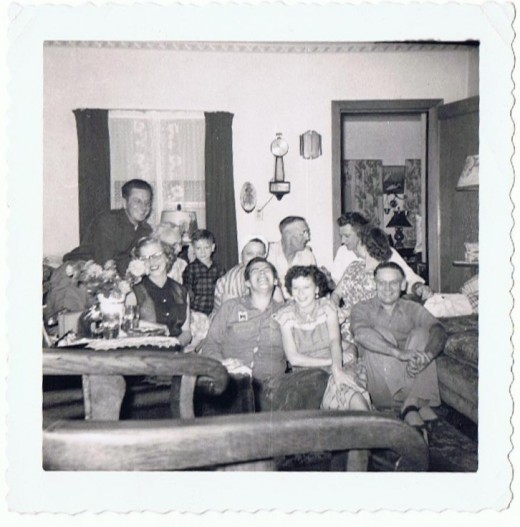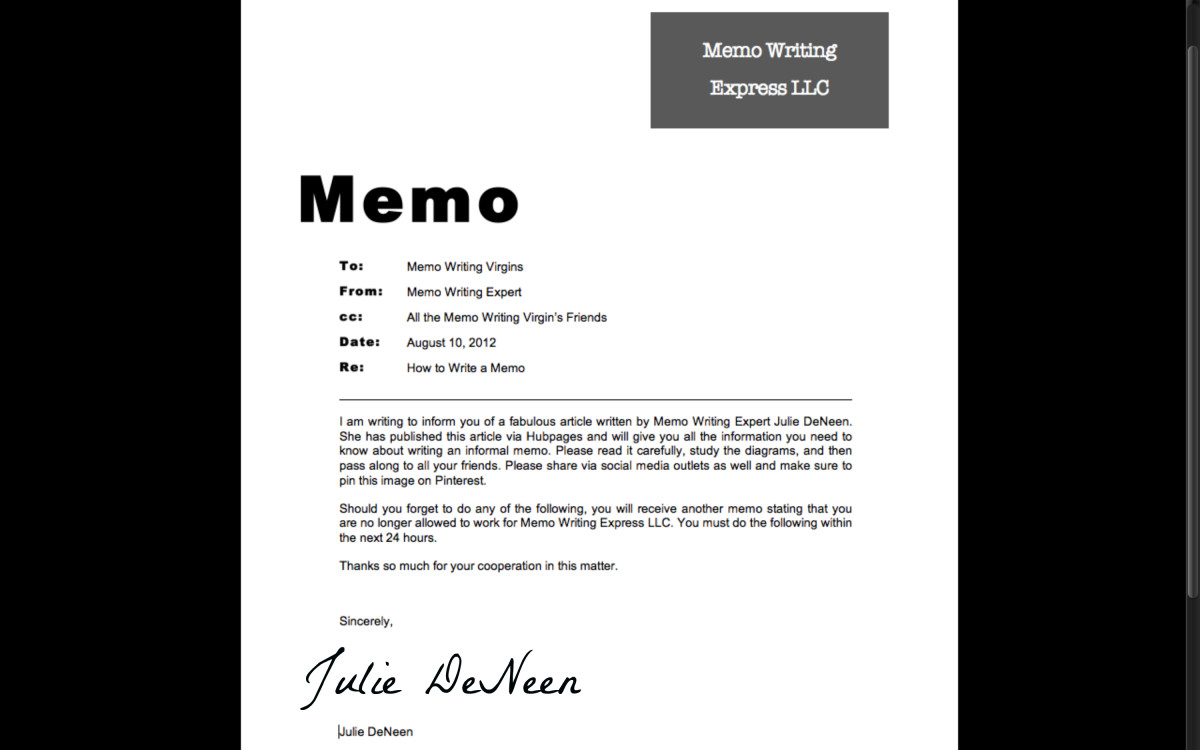The Writer's Mailbag: Installment 172
MINI-VACATION
Bev and I just got back from three days in Oregon, three days spent visiting with my dear friend from high school and college. It’s the first mini-vacation I’ve been on in gosh, it must be five years now. Five years without a break from writing and urban farming . . . and truth be told, I didn’t mind not having a vacation at all.
You see, I love what I do. I love writing. I love creating. I love the fact that I am part of a rich tradition. And I love working with animals, and growing things, and knowing I’m doing my small part to make this planet a better place to live.
So although the mini-vacation was nice, it is infinitely better being back home amongst all my “homies” like you.
Welcome to the Mailbag! It’s Monday and that means another rich tradition continues. Get comfortable, pour yourself a cup of coffee, and let’s get to it. We have an overflow this week and the bag is pretty heavy.

Believable Villains
From Kristen: “I have a question to ask for next week's mailbag. What tips do you have of making a villain believable and realistic? (I've recently hit a snag with this, due to a friend's feedback on my secondary baddie for one of my thrillers.)”
This is really an interesting question, Kristen, one I’ve never really considered, and that in itself is a shocker since I’ve written four “Shadow” novels with some pretty evil characters in them. So let me think about this for a moment.
Okay, I’m back! I think my brain hurts. While I was thinking about this, I was thinking about Hannibal Lecter and Ted Bundy; one is a character of evil and one was evil. Here are my observations.
A villain must have dimensions. It is not enough that they do evil acts. We must see them as real people capable of doing evil acts. They must appear to have admirable human traits i.e. kindness, compassion, humor, even empathy . . . I believe that makes them more terrifying. As you may have heard, Ted Bundy was our paperboy when I was growing up. He seemed very normal, something everyone who ever met Bundy has said . . . and that normalcy is scarier than hell.
Explain the motivation of your villain. Why does he do what he does? This, too, makes him seem more human and in turn makes him scarier.
Take his place! I think this is vital. Step into his shoes and try to understand why he does what he does. Try to see the world through his mind and eyes, and develop him accordingly. Give him some good qualities. That makes him all the more frightening . . . a killer who helps little old ladies across the street, or who works as a daycare worker….chilling!
I hope that helps, Kristen!
What Makes a Story?
From Brian: “What distinguishes a story as a literary or a dramatic presentation art form from the telling of an anecdote or the description of an incident? When a writer has an idea for a story -- I'll write a story about the time Grandpa as a young man was lost in the woods and swore he'd say the rosary every day if he survived, how do you know it'll make a short story (or a long story) and not end up a mere anecdote? My guess is that the person whom the story is about has to be significantly changed by the experience, that that has to involve struggle in a broad sense, and that the reader/listener has to care about the change -- how three days lost in the woods without provisions or tools humbled a cocky young man.”
Brian, I’m going to refer to my English class as a freshman in high school because, quite honestly, I haven’t seen anything to change my mind on this answer. The five elements of a story are: setting, plot, characters, conflict, and theme. The thing you mentioned about whether a reader will care about the conflict . . . I think that’s what distinguishes a good story from a yawner!
Tumblr and Flipboard
From Rasma: “Now the second part - could you please explain to me what good it is to share links of my posts and other posts I wish to share on Tumbler and Flipboard. Does this really help in some way? Who is looking at what I post there?”
Rasma, your question had me laughing. I don’t have a clue who is looking at what you post on Tumblr or Flipboard. As for your first question, we are talking about social media sites, two of perhaps twenty or twenty-five; does it do any good to share on them? I don’t know because I don’t know your views. If you are getting a lot of views then I say it is as important as any small portion of your overall platform. If you are getting no views then stop it and try some other social media sites.
I have narrowed my efforts down to Facebook and Pinterest. That’s all I have time for and I can live with whatever happens, or doesn’t happen on those two sites.
I do think writers can get carried away with their social media efforts and forget about the most important aspect of their writing platform, which is their writing.
Mailbag Success
From Linda: “How did you promote your mailbag in the beginning? You've built up quite an enviable readership. When did you know that you had a "thing" going? Did you ever consider giving up on it, and why do you think it appeals to so many people? I don't think any of us plan on making a fortune on HP, but you seem to have really found your niche.”
Linda, this might come as a surprise, but I did nothing to promote the Mailbag. My platform had already been built five years earlier when I started writing articles. By the time the Mailbag began I had a pretty hefty following.
I never expected the following that the Mailbag has received but then I never expected the following or praise I have received on any of my works. That’s just who I am. No, I never considered quitting the Mailbag. Once it was obvious that people were enjoying it, I just penciled it in for Mondays and let it take its own course. As for why it’s popular, I guess it’s because writers basically write it. It is about topics and subject matter which affects us all; we all have a stake in the questions and answers, so that makes it interesting to a broad base of writers.
And hopefully I have something to do with its popularity.

Does Location Affect a Story?
From Ann: “How much does location affect a story? Let's say you have exactly the same story but then put it into a different location or environment; would it be totally different?”
The answer to your questions, Ann, are greatly and yes!
Next question! LOL
This one gave me a pause. I kept thinking of “To Kill A Mockingbird.” My first thought was that classic had to be written in the setting it was written in for there to be under-currents of racial strife and small-town values. The central message of the story could have been delivered, I suppose, in some neighborhood in New York, but I think it was much more effective in Maycomb during the Great Depression.
Which brings me to my central point: location becomes interesting because of the people in that location and their unique viewpoints. A story in the Deep South can have some rich undertones that you couldn’t have in a story based in Anchorage, Alaska, and of course vice versa. A story in London should be unique compared to a story in Tucson, Arizona. To ignore that fact is to cheat your readers of some very rich details.
I guess what I’m saying is choose your locations carefully. Yes, your story could be told practically anywhere, but why shortchange yourself the richness of cultural nuances?
So, how much does location affect a story?
As much as you allow it to as a writer!
I could give other examples but I think you get the point.
Would You Help, Please?
From Brenda: “Bill, there is a new writer on HP who is struggling. She is a young college girl who is filled with angst, who needs writing to give her an outlet for her thoughts, but she feels like nobody on HP is hearing her based on the lack of views she gets for her articles. Could you please stop by her site and give her a word of encouragement?””
I did, Brenda, and I thank you for the suggestion.
Here’s the thing, and I really want my HP peers to pay attention: I know we are all busy with our lives. Just working, eating, and taking care of other responsibilities is exhausting on most days. Who has time to comment on an article written by a complete stranger?
Well I do, for one, and so does Brenda, and I think most of you do, too, if you take the time to make the time.
This is important. We all lose if writers like that young woman quit writing due to being ignored. In some cases all it takes is an encouraging word from a stranger to keep a writer from quitting, and how cool would it be if you were the stranger who delivered that encouraging word?
I’ve said this many times but I don’t mind saying it again. I would have quit HP six years ago after Week Two if it were not for the encouraging words of two or three veteran Hubbers who embraced me and told me I had value as a writer. And here I am, six years and eight Hubbie Awards later, kicking ass and taking names.
Please, give encouragement to the newcomers as well as the veterans!

Tangled Mess
From Lori: “Mailbag question for you. My current story is quickly becoming a tangled mess. You've been following along and your recent comment spoke exactly what I've been thinking, although you seemed to be complimentary when saying it was a complicated web. The deal is I've made it a story that goes back and forth between time periods, both periods being strongly linked. I'm having trouble now finding a way to navigate both etas in a flowing cohesive way. I tend to write by the seat of my pants. I don't have a pre-planned beginning, middle and end. I just write as the ideas pop into my head. I feel I'm in over my head with structure and coordinating. Since you're familiar with the story, how can I make this story less confusing going between time periods? You may edit this question as seems best to you.”
Well, Lori, I meant it to be mainly a compliment because, well, I enjoy the story . . . and there is the dreaded “but” . . . if is a tight wire you walk when you bounce between time periods. I should know; I did it with my second novel “Resurrecting Tobias.”
Here’s the only piece of advice I can give you on a difficult problem: limit the number of times you do your time-travel thing. Make sure it is absolutely necessary at the time you do it. Consider consolidating so that you don’t do it as often, and for goodness sake, make sure there is a date before each section that involves a trip to the past or present.
Yes, with your story, it is necessary to do so. Just make sure you only do it when absolutely necessary.
Poor Review Good Review
From Mary: “I have a question for you. With so many authors, both known and yet undiscovered trying to get their books read by the public, reviews are important. What do you feel makes a good review?”
The question that popped into my mind is “good review for the other readers or good review for the author of the book?” I think, for the readers trying to find out about an unknown book, a review which is objective and states the reasons for the preference or dislike are most helpful. We all have different likes and dislikes, and reasons for them, so that combination of subjectivity and objectivity is helpful for me. If you dislike a book, I want to know why i.e. you don’t like happy endings. As for the author, I would think the same it true for a writer who wishes to improve. You can’t please everyone, but at least if you get a negative review you’ll understand why it was written.
And I don’t know what Amazon considers a good review. That part of the process . . . pleasing Amazon . . . bored the stuffing out of me.
No More Vacations the Rest of This Year
And probably for 2018 as well! I’m just having too much fun doing what I’m doing. Listen, I traveled quite a bit when I was younger. I’ve seen quite a few places. I’ve had many cool experiences. Now I’m pretty okay with staying home and doing that which I love.
Until I get a better offer that’s exactly what I plan on doing.
Later, gators!
2017 William D. Holland (aka billybuc)
“Helping writers to spread their wings and fly.”








